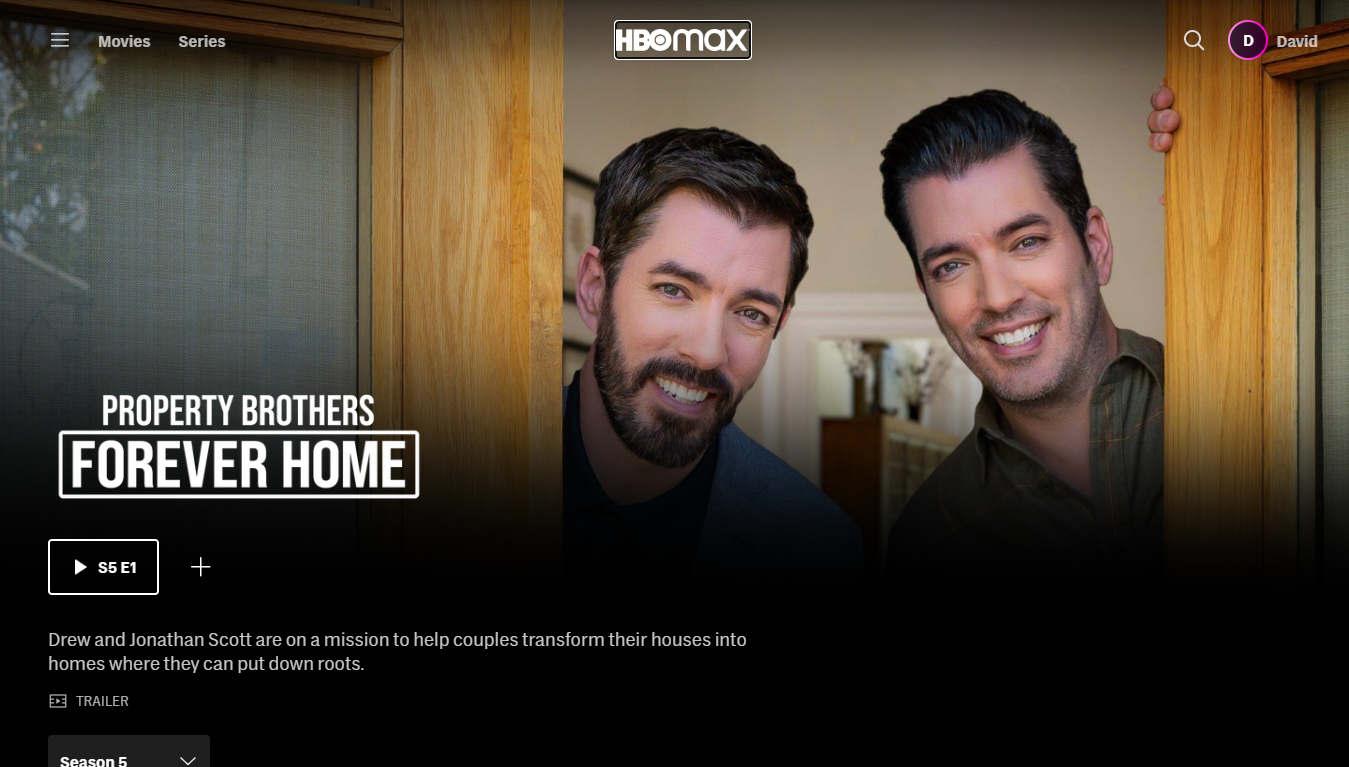Follow the Money: Why is Warner Bros. Discovery Changing its Mind on HBO Max-discovery+ Merger?

Warner Bros. Discovery rocked the streaming industry on Wednesday when it was reported that the company was pivoting from its long-announced plan to merge its two streaming services HBO Max and discovery+ into a single entity. While a majority of discovery+ shows will move to a hybrid service that features all of HBO Max’s library, discovery+ will remain a separate service according to the Wall Street Journal.
The company will likely give more details about its reasoning for the pivot in its quarterly earnings report, which is due to be released on Thursday, Feb. 23. But the logic behind the move from WBD’s perspective already seems clear; the media conglomerate wants to make money, and the merging of two very different services aimed at very different audience was looking more and more like a financial mistake that the company couldn’t afford.
For one thing, WBD is still trying to climb out of a massive post-merger financial hole. When WarnerMedia was acquired by Discovery in March 2022, the newly combined company incurred fees and debts that eventually rose to over $5 billion. Those costs were higher than originally forecast, and WBD has been making countless controversial moves to free up cash to pay off its obligations.
Much of that controversy has been generated by massive content cuts on HBO Max. Those cuts first gained mass attention when the company decided its nearly-finished “Batgirl” film was more valuable as a $90 million tax write-off than as a streaming-exclusive film, and the removals have only escalated since then. Company executives have promised the wave of cuts is over, but those cancelations have helped WBD adopt a new identity: content “arms dealer.”
The company has already signed deals with third party services to license content removed from HBO Max to them. Similar deals between WBD and other streamers could follow, bringing even more revenue to the company in the form of licensing fees and helping it get its financial ducks in a row.
The company is also planning to launch a free ad-supported TV (FAST) service sometime in 2023, to help further monetize its users. Keeping discovery+ as an option gives WBD something of an “icing-on-the-cake” option; it’ll be generating advertising revenue from its FAST service, while offering budget-conscious users of that service a lower-priced subscription-based platform as well.
The FAST platform may also be an invaluable tool for WBD to upsell price-aware discovery+ users. If the service has a large offering of premium HBO shows available, it could convince discovery+ customers that a subscription to HBO Max is worth the money after all.
There’s also the potential exodus of discovery+ users to consider. The service currently offers two price tiers: an ad-supported plan for $4.99 per month, and an ad-free option for $6.99 per month. HBO Max is already quite a bit pricier, running users $9.99 per month for ad-supported streaming, and $15.99 per month to go ad-free.
Any fully combined service featuring the content libraries of both platforms would likely have cost $20 per month or more, but obviously no less than HBO Max’s current $15.99, which HBO Max users probably wouldn’t have minded. For discovery+ users, however, this would represent a price increase of as much as 300% over what they were paying for just the one service, and although WBD does not report how many users are on discovery+ alone, estimates suggest this could have cost the company upwards of 20 million customers who subscribe to the lifestyle streamer, but not HBO Max.
All of WBD’s recent moves, from price increases on HBO Max to licensing canceled series to third party streamers, have been about improving the company’s balance sheet. The company likely has varied reasons for deciding not to fully merge discovery+ with HBO Max, but financial considerations are certainly foremost among them.
-
discovery+
discovery+ is a video streaming service that offers more than 70,000 episodes of 2,500+ current and classic shows from several popular TV brands including Discovery, Investigation Discovery, HGTV, TLC, Food Network, A&E, Lifetime, and History.
-
Max
Max is a subscription video streaming service that gives access to the full HBO library, along with exclusive Max Originals. There are hubs for content from TLC, HGTV, Food Network, Discovery, TCM, Cartoon Network, Travel Channel, ID, and more. Watch hit series like “The Last of Us,” “House of the Dragon,” “Succession,” “Curb Your Enthusiasm,” and more. Thanks to the B/R Sports add-on, users can watch NBA, MLB, NHL, March Madness, and NASCAR events.


